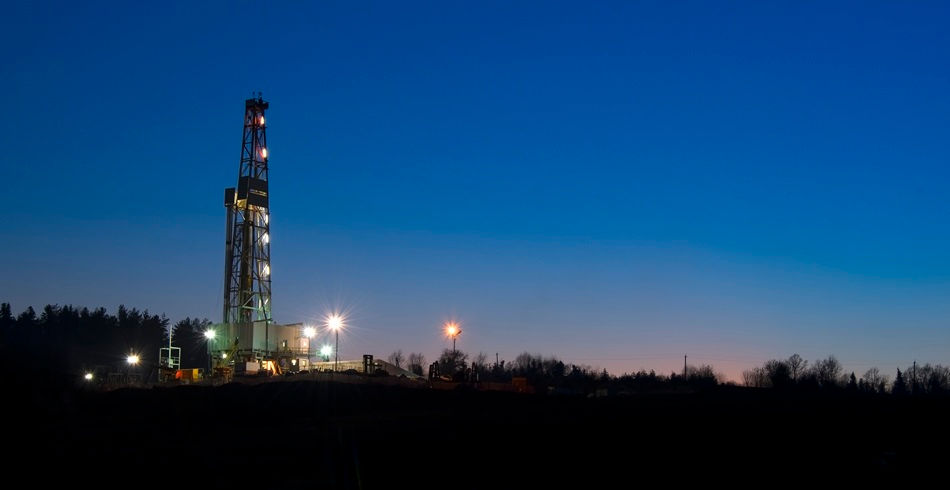BP supplies StraitNZ with B24 marine biofuel in New Zealand’s capital city
- BP
- Jul 21, 2023
- 2 min read

BP Marine, part of BP’s trading and shipping business, announced July 21 that it has entered into a long-term supply agreement with integrated transport company StraitNZ, which includes the supply of marine biofuels in the Port of Wellington, New Zealand.
StraitNZ’s network includes Bluebridge Cook Strait Ferries that connects the north and south islands between Wellington and Picton with 50 freight and passenger voyages a week.
“This is the first of its kind for the Port of Wellington,” said Eddie Gauci, the global head of BP Marine. “BP is making a major investment across our Wellington Terminal network, in preparation for the introduction of marine biofuel blends.”
“Biofuels have a vital role in decarbonizing transport, including in the marine sector,” Gauci added.
“We are thrilled to be working with StraitNZ because they want to play their part in helping the world get to net zero by decarbonizing their fleet, and with the marine biofuel blend BP will be supplying, we can help them do that.”
Bioenergy is one of BP’s five transition growth engines, and BP aims to produce around 4.2 million gallons of biofuels per day globally by 2030.
BP Marine’s new Wellington offer will comprise the supply of marine fuels by barge, including the region’s first bio-VLSFO, to its customers from early 2024.
The fuel will include a 24 percent blend of biodiesel made from used cooking oil blended with very-low sulfur fuel oil (VLSFO).
The biodiesel component is certified by the International Sustainability and Carbon Certification system, an internationally recognized certification scheme for biobased materials.
This certification requires that sustainability criteria are followed throughout the supply chain—including tracing of the waste feedstock from point of generation through processing, transportation and delivery of the final biofuel.
This blend of biofuel is estimated to help reduce lifecycle-CO2 emissions associated with the fuel by up to 20 percent compared to standard marine fuel-oil equivalents.
In 2020, BP announced its ambition to become a net-zero company by 2050 or sooner and to help the world get to net zero.
As part of the BP strategy and the bioenergy-transition growth engine, BP is increasing its focus on the role sustainable biofuels can play in reducing lifecycle emissions from ground transport and in hard-to-decarbonize transport sectors.
BP is working with companies in key industrial sectors that have significant carbon emissions to manage, supporting their work to decarbonize.


































